Jonathan Reynolds, the Secretary of State, has announced a series of additional measures that go beyond the adjustments proposed by the Trade Remedies Authority (TRA) and aim to provide stronger protection for domestic producers, particularly in the face of external risks such as global overcapacity and new US tariffs.
Secretary of State Reynolds stated that UK Steel's requests have been taken into account and announced a reduction in the liberalization of import quotas from 3% to 0.1% and the introduction of country-based import limits on certain product groups, in line with similar steps taken by the EU. In its response to UK Steel's letter, Reynolds emphasized that these changes will play a vital role in protecting domestic producers against the international price pressures facing the industry.
Tightening quotas: What are the new measures?
As of July 1, 2025:
- The total import quota for each steel category will be increased by only 0.1%.
- For categories 4 (metallic coated sheet), 7 (plate) and 13 (rebar), country-by-country limits will be imposed on the “other countries” quota. These limits will be 15 percent and 20 percent, respectively.
- The practice of transferring unused quotas from one quarter to the next will be ended.
- Countries with their own country-specific quotas will be denied access to the general quotas remaining in the last quarter.
- In addition, the UK will review the exemptions granted to developing countries based on import data for the period January 1 to December 31, 2024.
UK Steel: “A vital turning point for our industry”
Gareth Stace, Managing Director of UK Steel, stated that the decisions are a “tremendous outcome” for the industry. “These steps will prevent trade diversion from the US and the EU and prevent low-priced subsidized steel imports from flooding the UK market,” Stace said.
Stace also stressed that the government should back these measures with a more comprehensive trade defense mechanism, saying, “These steps will ensure that our producers not only survive but also thrive.” As part of the new trade strategy, which is expected to be announced in January, the government is expected to introduce additional legal tools to protect the sector.
Global risks: Overcapacity and weakening demand
One of the most important factors behind UK Steel and the government taking these steps is the problem of overcapacity in global steel production. As of 2024, the world's production capacity has reached an oversupply of 602 million tons. This figure is expected to reach 721 million tons by 2027. This is equivalent to 100 times the annual production of the UK.
While steel demand is weakening in some countries, notably China, there is a rapid expansion of state-funded, high-emission production capacity in regions such as Southeast Asia and the Middle East. This is causing low-priced steel to flood world markets. The UK market is directly affected. In 2022, the import share increased from 60% to 65% in 2024. The biggest import increases came from non-EU countries such as India, Vietnam, China, South Korea, Turkey and Algeria.
Background: TRA Review and Alignment with the EU
The UK introduced steel safeguard measures in 2018, in line with EU measures against US Section 232 tariffs. However, these measures have been gradually relaxed each year and total quotas have grown by 22%. During the same period, steel demand in the UK contracted by 16%.
UK Steel therefore appealed to the TRA, calling for a reduction in quotas and a reduction in trade diversion. After the TRA's review, some of the requests were accepted, while others, such as a reduction in the liberalization rate, were initially rejected. With the intervention of Foreign Minister Reynolds, it appears that these demands were accepted.
Conclusion: A breathing space for local producers
These tightening decisions taken by the British government in response to UK Steel's call are considered to be a critical turning point for the country's steel producers. In the face of both the threat of oversupply in global markets and increasing import pressure, these measures have provided the UK steel industry with a stronger wall of protection.


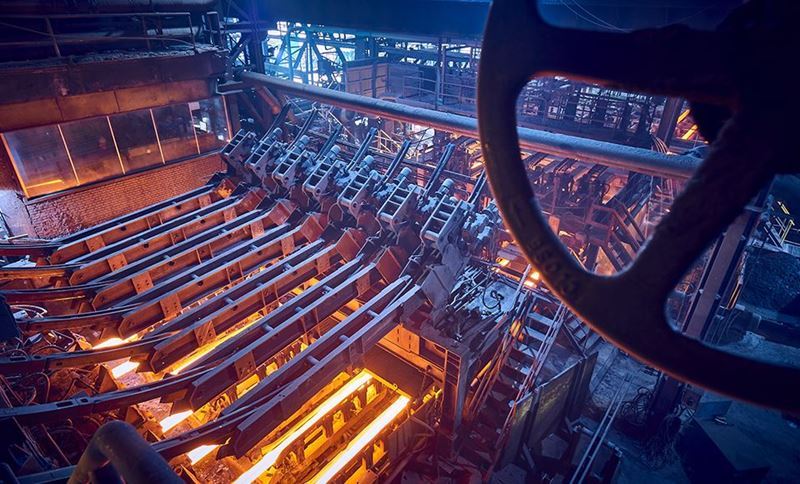

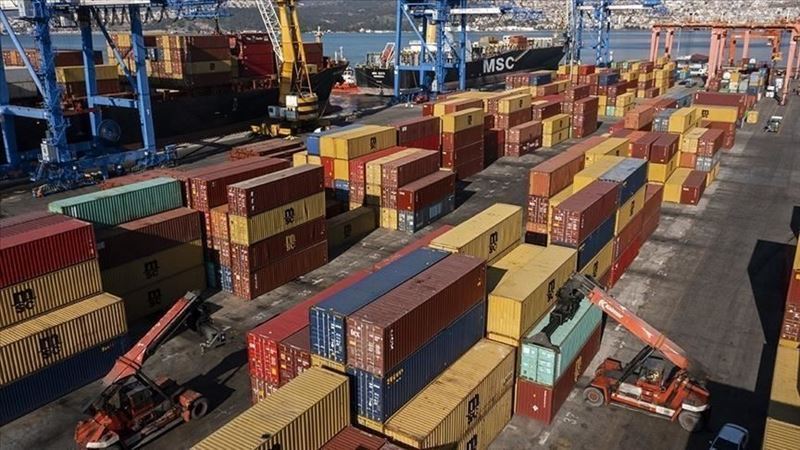
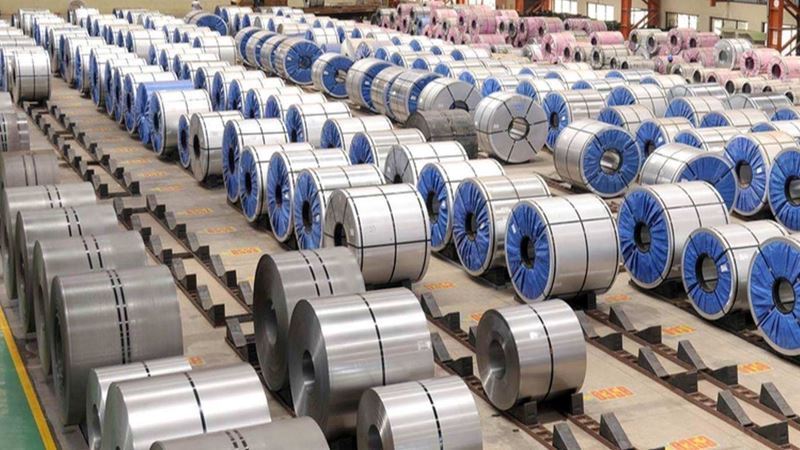

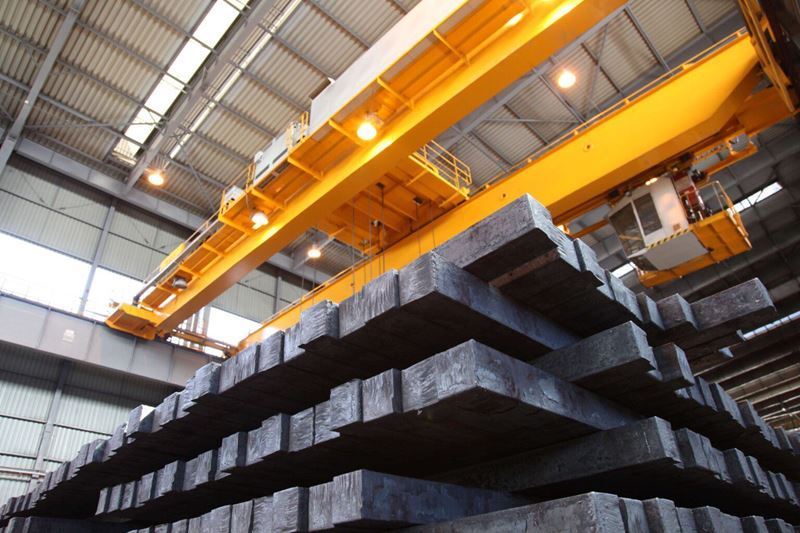
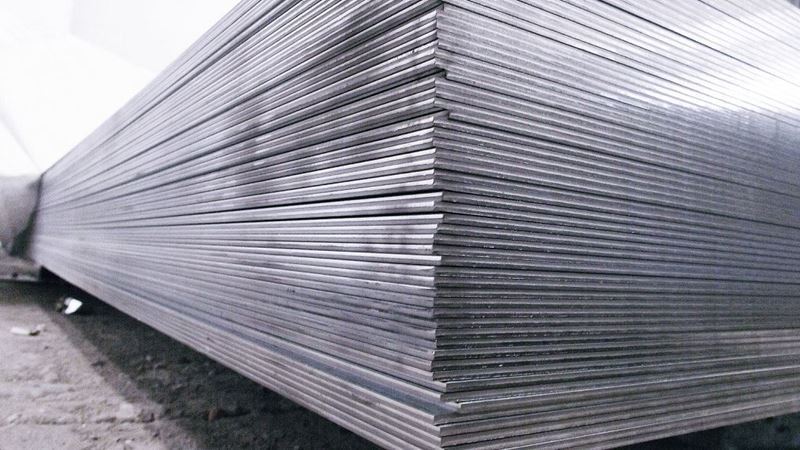


Comments
No comment yet.